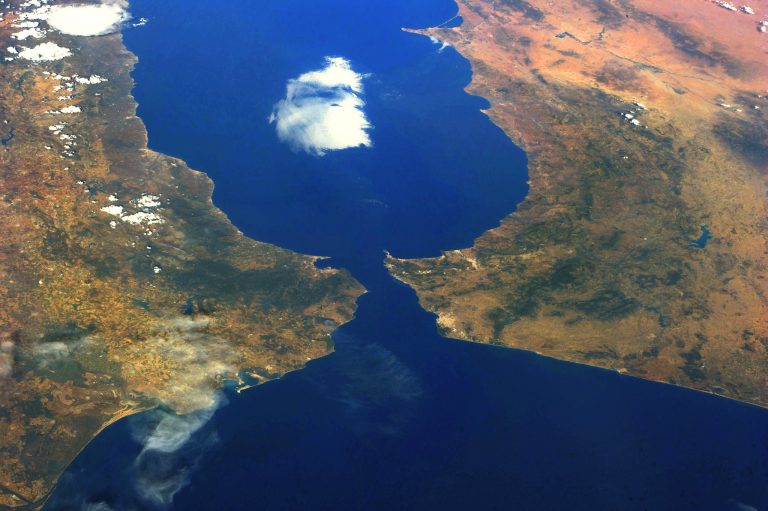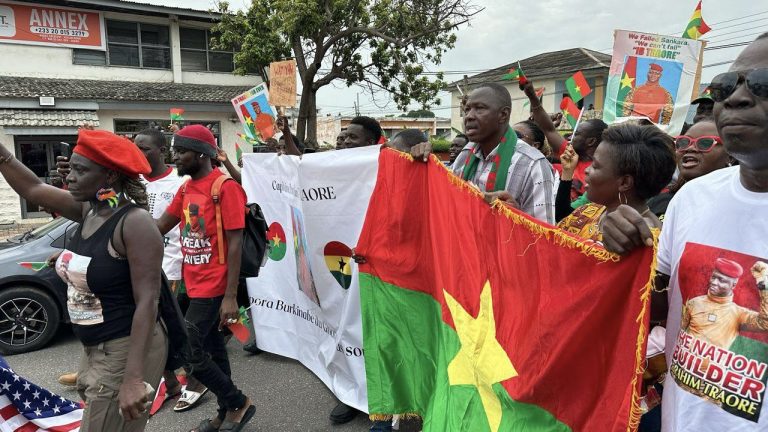Propaganda Watch: Kagame Is Not Traoré
Anti-imperialists, socialists, and peace and justice communities across Africa and the world are inspired by the newly federated Alliance of Sahel States and by its leaders, especially Burkina Faso’s charismatic Ibrahim Traoré. Seeing this groundswell of support, Paul Kagame’s propagandists have rushed to liken him to Traoré. Others may sincerely imagine a likeness that doesn’t in fact exist.
Kagame has ruled Rwanda for 30 years, since seizing power at the end of his four-year war to re-establish Tutsi dominance in July 1994. Traoré has been in power for less than three years, since seizing power in a popular coup in September 2022.















